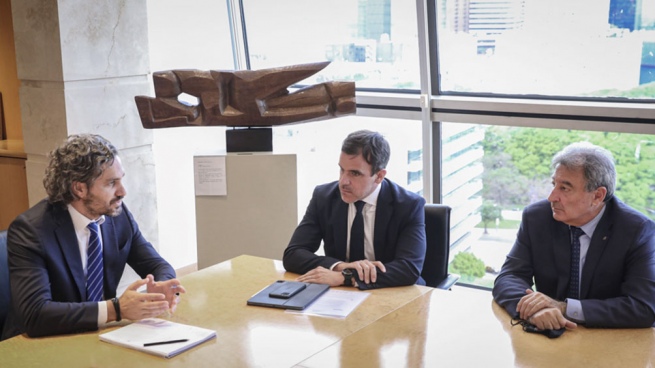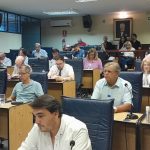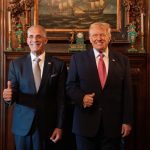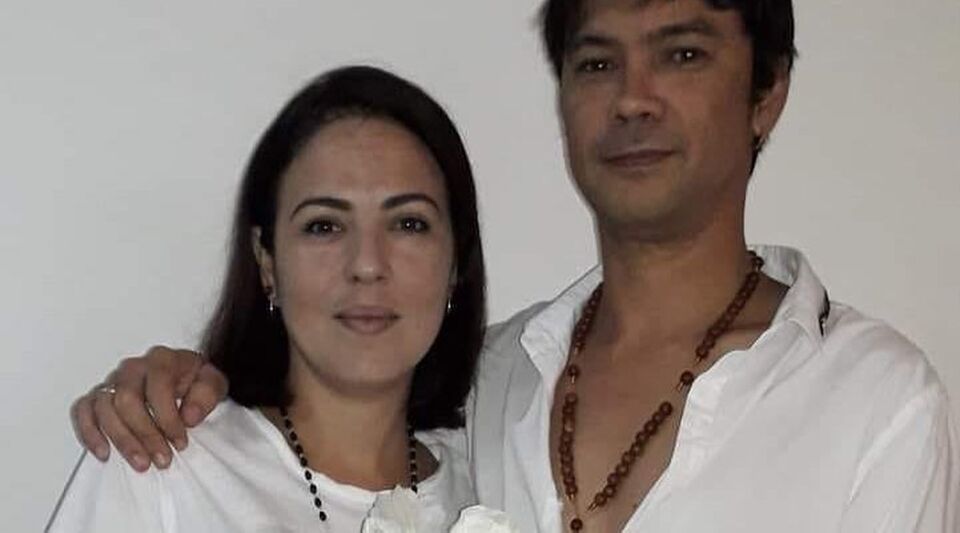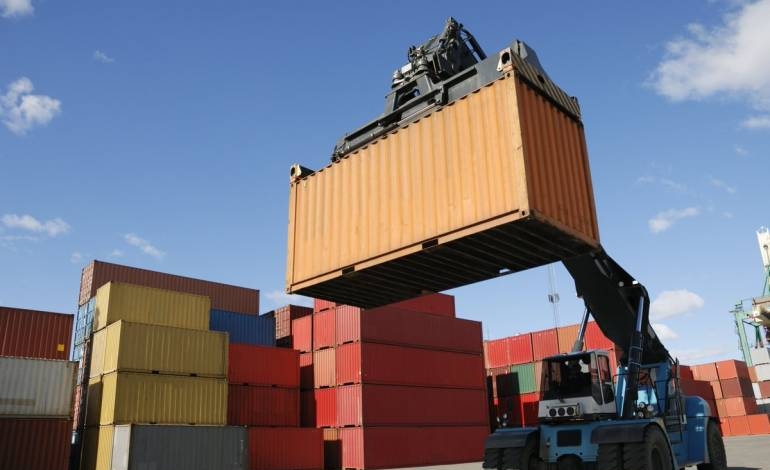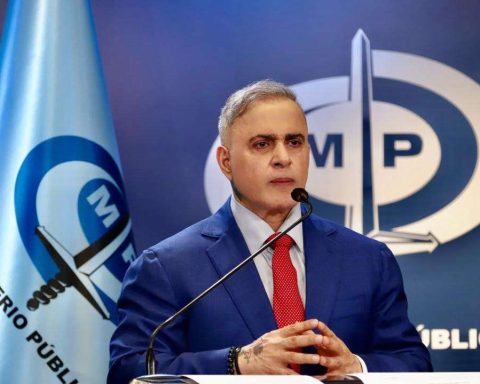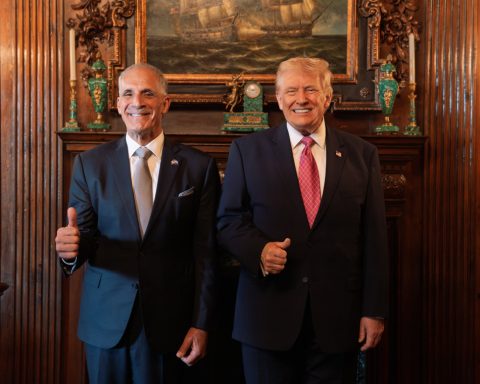The chancellor Santiago Cafiero and the authorities of the Association of Automotive Factories (ADEFA), analyzed the situation of the local automotive industry and possible strategies for opening of new external markets, in order to strengthen the foreign trade of the sector that grew 89% so far this year.
At the end of the meeting, the Ministry of Foreign Affairs and Adefa highlighted that the dialogue made it possible to address in detail the state of the brazilian market and progress in negotiations with other important markets for the sector, such as the cases of chili, Colombia, Ecuador, Central America, Mexico and North of Africa.
In this regard, they exchanged proposals aimed at perfecting agreements and worked on planning activities for commercial promotion, such as the missions planned in the coming months in South Africa and Egypt.
The automotive sector is characterized by its specialized exporter model, with high added value products which positions it as the first industrial export sector and the second export complex.

This positioning leads him to represent the 28.7% of the country’s total industrial manufacturing exports (MOI) and achieve shipments by USD 7.2 billion in approximately 2021.
Currently, the terminals together they export more than 60% of production, with 97% of shipments going to Latin American countries, while performance in foreign trade in the first 10 months of the year it registered an increase of 89.7% compared to 2020.
The secretary of International Economic Relations participated in the meeting, Cecilia Todesca Bocco; the undersecretary of Mercosur and International Economic Negotiations, Rossana Surballe; the head of Adefa and president of Ford Argentina, Martin Galdeano; the 1st vice president of Adefa, and head of Toyota, Daniel Herrero.
During the meeting, Cafiero emphasized the priority that the Argentine government gives to the sector, “as a pole that generates work, productive chains and industrial exports with high added value.”
“We must continue working together to develop a competitive industry, increase the productive integration of national suppliers and achieve a balanced and sustainable trade in Mercosur, “said the Argentine Foreign Minister, who also considered that”Argentina must be regionally integrated, with a view to developing an Automotive Export Platform to the rest of Latin America “.

The recovery in demand in the region, particularly in the commercial segment, was the great driver of foreign sales of Argentine vehicles, particularly those of extra shipments Brazil, which benefited from the reduction in Export Duties for incremental shipments.
In this regard, the owner of Adefa, based on these data, stressed that “for the industry it is essential to improve access to export markets of interest, through new agreements or by improving current ones, such as the one signed with Chile and Colombia. “.
In this sense, Galdano added that “it is necessary continue working on a commercial policy of international insertion“.
Likewise, the industry raised the concerns of automotive terminals based on technological changes worldwide and the challenge of electromobility, framework in which the approval of the bills relating to the Promotion of the Automotive Industry and Sustainable Mobility is expected.
